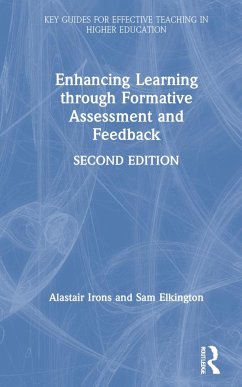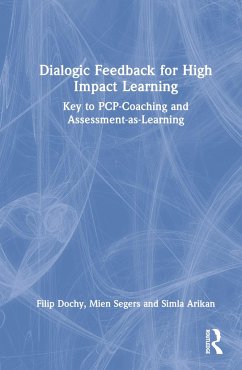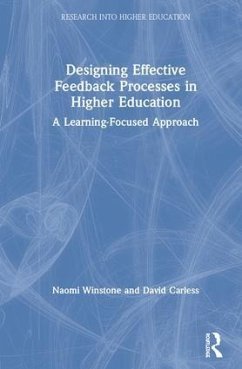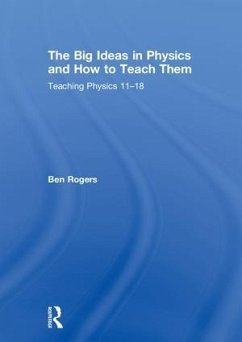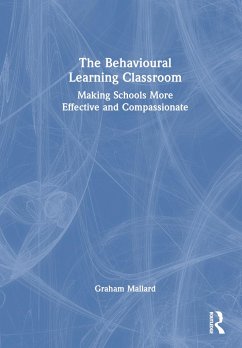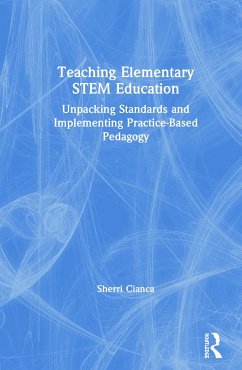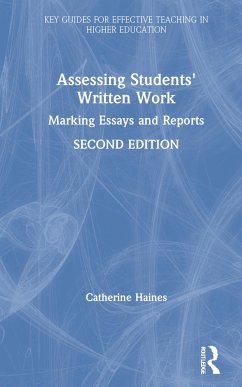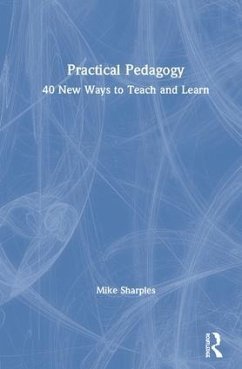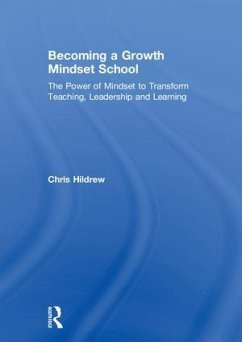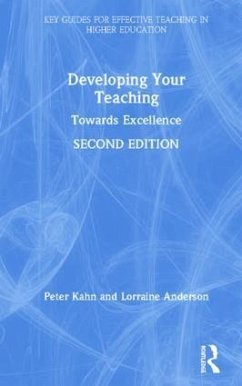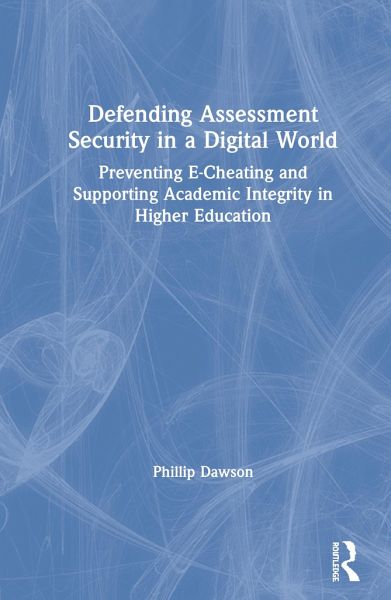
Defending Assessment Security in a Digital World
Preventing E-Cheating and Supporting Academic Integrity in Higher Education
Versandkostenfrei!
Versandfertig in 1-2 Wochen
186,99 €
inkl. MwSt.
Weitere Ausgaben:

PAYBACK Punkte
93 °P sammeln!
Defending Assessment Security in a Digital World explores the phenomenon of e-cheating and identifies ways to bolster assessment to ensure that it is secured against threats posed by technology. Taking a multi-disciplinary approach, the book develops the concept of assessment security through research from cybersecurity, game studies, artificial intelligence and surveillance studies. Throughout, there is a rigorous examination of the ways people cheat in different contexts, and the effectiveness of different approaches at stopping cheating. This evidence informs the development of standards an...
Defending Assessment Security in a Digital World explores the phenomenon of e-cheating and identifies ways to bolster assessment to ensure that it is secured against threats posed by technology. Taking a multi-disciplinary approach, the book develops the concept of assessment security through research from cybersecurity, game studies, artificial intelligence and surveillance studies. Throughout, there is a rigorous examination of the ways people cheat in different contexts, and the effectiveness of different approaches at stopping cheating. This evidence informs the development of standards and metrics for assessment security, and ways that assessment design can help address e-cheating. Its new concept of assessment security both complements and challenges traditional notions of academic integrity. By focusing on proactive, principles-based approaches, the book equips educators, technologists and policymakers to address both current e-cheating as well as future threats.





